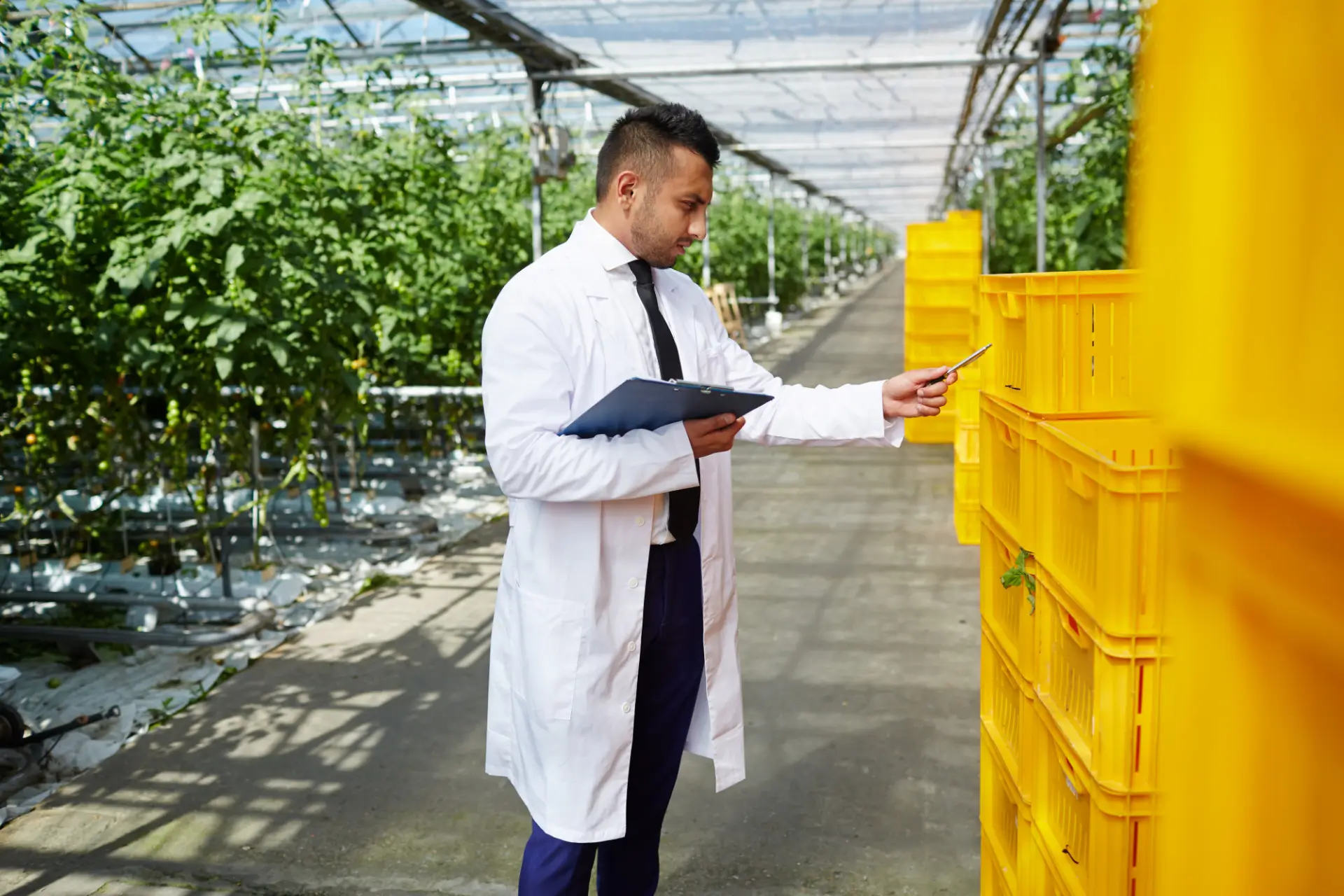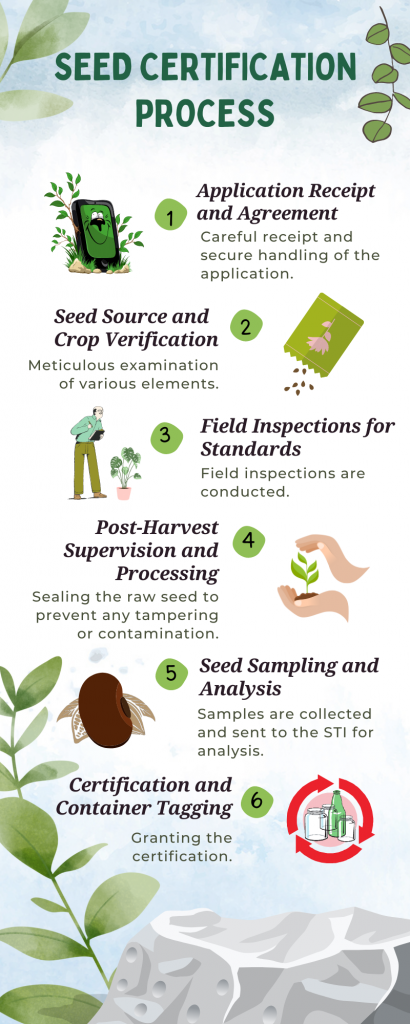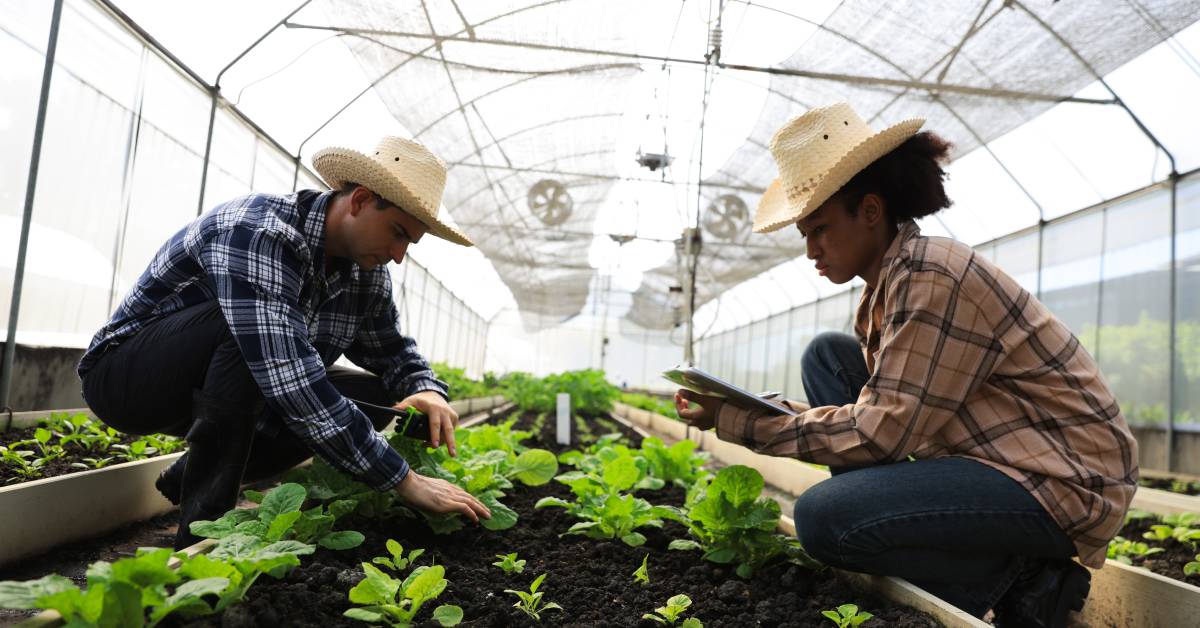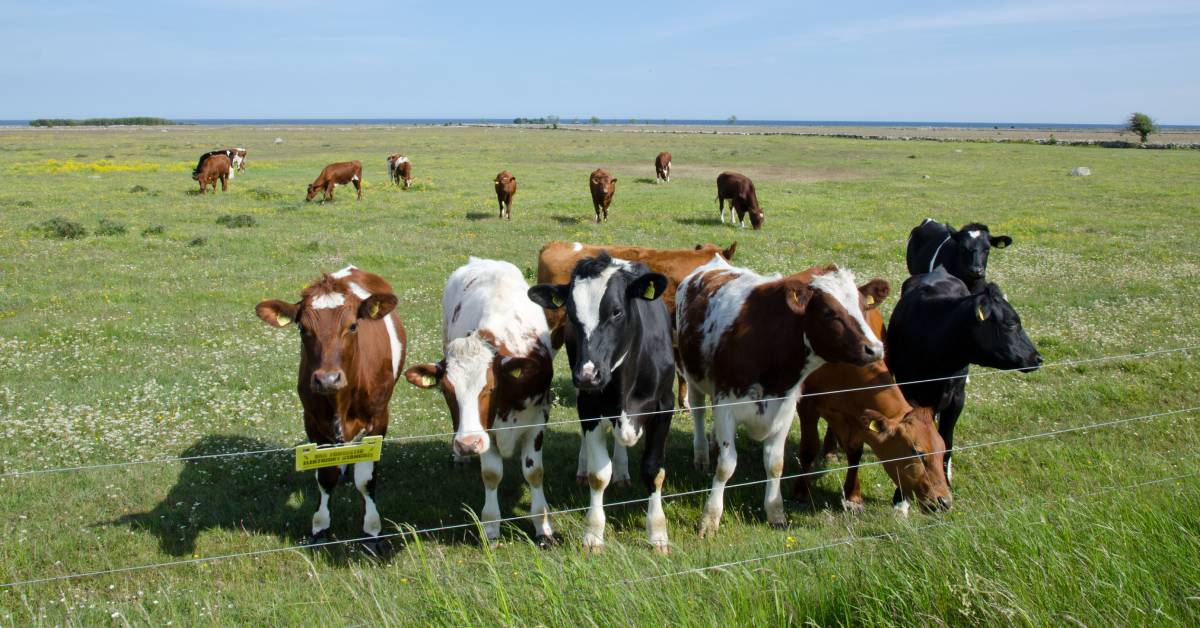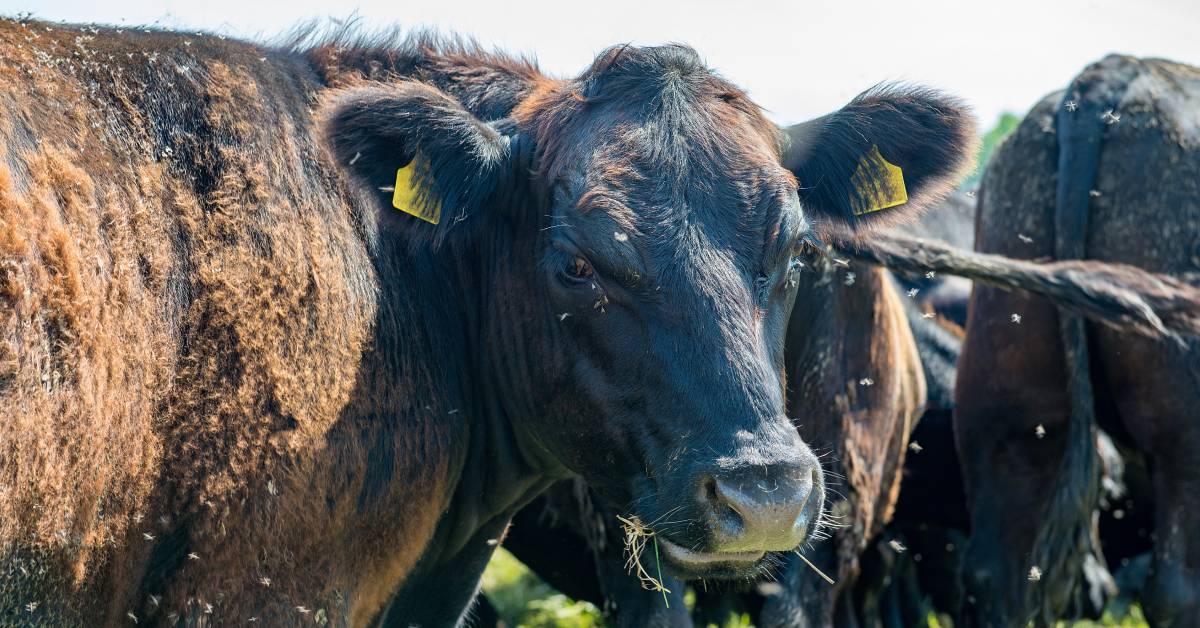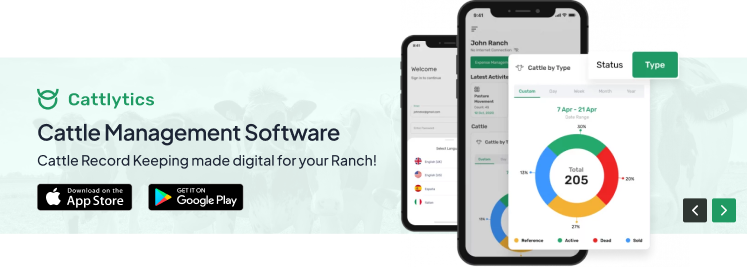Seed certification plays a vital role in ensuring the quality, reliability, and integrity of agricultural seeds. It involves a rigorous process of evaluating and verifying the genetic purity, physical quality, and overall performance of seeds before they are made available to farmers and the market.
The process of seed quality assurance is typically carried out by authorized agencies or organizations that enforce specific standards and regulations.
This robust process plays a pivotal role in promoting crop productivity, maintaining genetic integrity, and fostering market confidence. In this blog post, we’ll delve into the significance of seed certification and explore how it lays the foundation for successful and sustainable agriculture.
What is Seed Certification?
Seed certification is a process in which seeds intended for planting are evaluated, tested, and certified to ensure they meet certain quality standards and specifications.
The purpose of seed certification is to maintain and enhance the quality of seeds available in the market, ultimately benefiting farmers and the overall agricultural industry.
By certifying seeds, it helps to safeguard against the distribution of inferior or contaminated seeds, ensuring that farmers have access to reliable and productive plant materials.
The key objectives of seed certification include:
- Maintaining varietal purity:
Seed certification ensures that the seeds being certified are true to the variety they claim to be. This is achieved through rigorous field inspections, where certified seed producers are required to maintain appropriate isolation distances from other crops of the same species to prevent cross-pollination and maintain genetic purity. - Quality standards:
Seed certification sets specific quality standards for various attributes such as germination rate, seed health, physical purity, and moisture content. These standards help to ensure that the certified seeds possess high quality and are capable of producing healthy, vigorous, and productive crops. - Accurate labelling:
The seed certification process ensures that the labelling on seed packaging accurately represents the seed variety, its quality, and other relevant information. This helps farmers make informed decisions when selecting seeds for their specific needs, ensuring that they get the right seed variety and traits they require.
The seed certification process typically involves multiple stages, starting with the evaluation of the initial seed lot and continuing through field inspections, laboratory testing, and final certification. The process may also include audits of the production and handling practices employed by seed producers for seed quality assurance.
Benefits of Seed Certification:
Variety Purity:
- Certified seed conforms to stringent seed certification standards and seed quality control.
- Third-party field inspections ensured.
- Varietal purity is maintained.
- Previous land use is considered.
- Prescribed isolation distances prevent contamination during harvest.
- Possible random inspections by the CFIA (Canadian Food Inspection Agency) ensure adherence to quality standards.
Clean Seed:
Certified seed meets strict conditioning requirements. Screening in specialized and accredited conditioning centers ensures:
- Varietal purity is maintained.
- Weeds, such as wild oats, are minimized.
- Prohibited weeds are eliminated.
- Official germination tests are conducted.
- CFIA-monitored sampling verifies the quality of the seed.
Access to New Markets:
Certified seed opens doors to new markets, including those with specific variety requirements. Potential markets include:
- Brewing industry.
- Bread Grain and human consumption.
- Soybean export market.
- Oats for human consumption.
- High-fat oats.
- Using certified seed facilitates entry into IP (intellectual property) and other emerging markets.
Genetic Improvements:
Certified seed offers access to genetically improved traits. Improved traits include:
- Increased yield and adaptability.
- Enhanced pest and disease resistance.
- Improved drought tolerance.
- Herbicide tolerance.
- Specific quality parameters.
- These traits have been developed through years of research and development.
Assurance of Seed Quality:
- Seed certification ensures that the seeds meet specific quality standards and are free from diseases, pests, and contaminants.
- Certified seeds go through rigorous testing and quality control measures to guarantee high-quality seeds for planting.
- This assurance helps farmers reduce the risk of crop failure, ensuring a better start for their crops.
Certified seed is a testament to the rigorous seed certification standards and seed quality control processes that guarantee superior seed quality.
The Seed Certification Process:
Application Receipt and Agreement:
Upon receiving the application for registration, the first step involves the careful receipt and secure handling of the application.
This includes ensuring that the application is accompanied by a notarized agreement, emphasizing the importance of adhering to seed labelling regulations, seed certification standards, and seed testing and inspection protocols.
The notarized agreement serves as a legally binding document that confirms the commitment of the applicant to comply with the prescribed standards and regulations for seed certification.
Seed Source and Crop Verification:
The verification process plays a crucial role in establishing the integrity of the seed source and the class used for cultivating the crop.
This involves a meticulous examination of various elements such as certification tags, labels, seed containers, cash memos, and bills. These documents provide essential information about the origin and quality of the seeds, further reinforcing compliance with seed labelling regulations, seed certification standards, and seed testing and inspection requirements.
By carefully scrutinizing these records, it becomes possible to ensure that the seeds meet the required criteria for certification.
Field Inspections for Standards:
Field inspections are conducted to thoroughly assess the seed plot’s adherence to the prescribed field standards.
Trained inspectors visit the plot to meticulously examine various aspects such as the cultivation practices employed, the use of fertilizers and pesticides, and the overall compliance with seed certification guidelines, including seed testing and inspection procedures.
These inspections are essential to confirm that the seed plot meets the necessary criteria to be certified. Through these thorough assessments, any deviations from the prescribed standards can be identified and rectified, ensuring the integrity of the certification process.
Post-Harvest Supervision and Processing:
After the seed crop is harvested, post-harvest supervision becomes vital to maintain the quality and authenticity of the seeds. This process involves carefully sealing the raw seed to prevent any tampering or contamination.
The sealed raw seed is then subjected to further scrutiny, including the issuance of a T.C. (Test Certificate), to ensure its conformity to the prescribed seed certification standards and seed testing and inspection protocols.
Additionally, supervision is carried out during the seed processing stage at a registered seed processing plant, with seed testing and inspection conducted to verify the quality and purity of the seeds.
Seed Sampling and Analysis:
To guarantee genetic purity and adherence to the prescribed seed standards, seed sampling is conducted. Samples are carefully collected from the seed lot and sent to the Seed Testing Institute (STI) for analysis, as part of the seed testing and inspection process.
The analysis at STI involves a comprehensive examination to verify the conformity of the samples with the specified seed standards.
Through rigorous laboratory testing and field tests, the genetic purity and quality of the seeds are assessed, aligning with the stringent regulations and guidelines about seed labelling, seed certification, and seed testing and inspection.
Certification and Container Tagging:
The final step in the certification process involves granting the certification, along with tagging and sealing the containers holding the certified seed. This signifies that the seed lot has successfully met all the requirements, including seed testing and inspection, and is eligible for seed multiplication or marketing for commercial purposes.
The certification, along with the properly labelled and sealed containers, ensures the traceability and authenticity of the seeds, instilling confidence among buyers and end-users.
This step, which is in line with seed certification standards and seed testing and inspection protocols, facilitates the transparent flow of certified seeds into the market for further cultivation or commercial distribution.
Here are the key factors that seeds must meet to obtain certification:
Genetic Purity:
This entails ensuring that the seeds possess the desired traits and characteristics of the specific variety or cultivar, by the established seed certification standards.
The aim is to prevent genetic contamination and maintain the integrity of the seed lot.
Physical Purity:
Seeds seeking certification must meet physical purity standards. This means that the seeds should be free from any impurities, such as other crop seeds, weed seeds, or inert matter.
Adhering to physical purity guidelines outlined in seed certification standards helps maintain the quality and uniformity of the seed lot.
Germination Rate:
This refers to the percentage of seeds that are capable of sprouting and producing healthy seedlings.
The germination rate is determined through comprehensive testing procedures, conducted by seed certification standards, to ensure that the seeds possess the necessary viability for successful crop establishment.
The Role of Audit and Inspection Software in Seed Certification:
An Audit and Inspection Software streamlines the seed certification process that involves:
Automating Data Collection:
- Elimination of manual data entry.
- Reduction of errors and transcription mistakes.
- Time savings and enhanced data accuracy.
- Real-time access to critical information.
Streamlining Inspections:
- Structured inspection checklists and predefined standards.
- Systematic and comprehensive assessment of certification criteria.
- Prompting inspectors to check specific criteria, record observations, and capture evidence.
- Consistency and thoroughness in the inspection process.
- Utilization of Seed Management Software solutions for streamlined inspections.
Ensuring Compliance with Certification Standards:
- Customization of software to incorporate specific certification requirements.
- Reliable reference for inspectors during inspections.
- Adherence to prescribed guidelines and accurate evaluation of seeds.
- Maintaining the integrity and credibility of the certification process.
- Use of software solutions like Seed Software to ensure compliance with certification standards.
Analytics and Reporting Capabilities:
- Analysis of data collected during inspections.
- Insights into trends and areas for improvement.
- Informed decision-making for process enhancement.
- Optimization of resource allocation.
- Continuous improvement in seed certification operations.
- leveraging analytics and reporting features of software solutions like EcoDocs.
These software solutions, like EcoDocs, play a vital role in enhancing efficiency, accuracy, and effectiveness in seed testing and inspection.
Enhancing Efficiency with EcoDocs: An Audit and Inspection Software:
EcoDocs is a leading crop management software solution for seed certification processes. It enhances efficiency, accuracy, and compliance.
Key features include:
Customizable Checklists:
Tailored to meet seed certification standards and crop audit requirements.
Automated Data Collection:
Eliminates manual data entry, reducing errors and saving time.
Streamlined Reporting:
Generates comprehensive reports with ease, ensuring clear communication and documentation.
A Crop audit software like EcoDocs improves operational efficiency, enhances data accuracy, and ensures compliance with certification standards and crop audit requirements.
Ensuring Seed Quality and Traceability:
Seed certification, combined with audit and inspection software like EcoDocs, ensures quality control and traceability throughout the supply chain.
Let’s explore the stages involved:
Seed Production and Certification:
Certification programs verify seed quality and purity, using software to streamline inspections and data collection.
Packaging and Labeling:
Accurate labelling and packaging prevent contamination, aided by software-generated standardized labels.
Distribution and Transportation:
Software enables inventory management, tracking seed movement for traceability and targeted recalls.
Harvesting and Post-Harvest Handling:
Software facilitates record-keeping of seed lots, storage conditions, and treatments, ensuring quality control.
Seed traceability systems with software solutions like EcoDocs enhance quality control and traceability from production to consumption, ensuring seed integrity and safety.
Compliance and Regulatory Standards:
Agricultural compliance software, such as EcoDocs, streamline record-keeping, facilitates internal audits, and aid in preparing for external inspections.
- Record-keeping:
EcoDocs digitizes and centralizes seed companies’ records, making them easily accessible and reducing the risk of missing or incomplete documentation. - Internal audits:
The software helps schedule and conduct internal audits, track findings, and manage corrective actions. - Preparation for external inspections:
EcoDocs organizes and presents documentation, generating reports to demonstrate compliance with regulations. - Workflow management:
The software streamlines seed certification processes, providing task management and collaboration features.
Future Trends in Seed Certification and Audit Software:
Seed certification is witnessing advancements driven by emerging trends such as blockchain technology, genetic fingerprinting, and remote sensing.
Blockchain technology offers a decentralized and transparent platform to record and verify seed certification data, ensuring authenticity and compliance. Genetic fingerprinting analyzes DNA to establish the genetic purity and identity of seeds, minimizing errors and mislabeling.
Remote sensing, using satellites and drones, allows for real-time monitoring and evaluation of crop parameters, reducing the need for physical visits. Food Safety Audit Software, like EcoDocs, are evolving to meet the changing needs of the industry.
Conclusion:
Seed certification is crucial in modern agriculture as it ensures the quality, reliability, and integrity of agricultural seeds. Audit and inspection software, such as EcoDocs, play a significant role in streamlining the certification process.
Software like EcoDocs automates data collection, streamlines inspections, ensures compliance with certification standards and provides analytics and reporting capabilities. By leveraging software solutions like EcoDocs, the seed certification process becomes more efficient, ensuring quality control, traceability, and adherence to regulatory standards.
FAQs:
Why is seed certification important for farmers?
Seed certification is important for farmers because it guarantees the quality and genetic purity of seeds, leading to improved crop productivity, uniformity, and better control of diseases and pests.
How does audit and inspection software help in the seed certification process?
Audit and inspection software helps in the seed certification process by automating and digitizing the certification workflow. It simplifies the management of audits and inspections, enhances data accuracy, and enables real-time reporting.
This software ensures compliance with certification requirements, improves efficiency, and facilitates better decision-making in seed certification authorities.
Are there different certification standards for different crops?
Yes, there are different certification standards for different crops. Each crop may have specific regulations and standards that govern its certification process.
These standards take into account the unique characteristics, quality requirements, and production practices associated with each crop. The purpose is to ensure that the certified seeds of different crops meet the specific quality and purity criteria established for that particular crop.
Can audit and inspection software be integrated with existing seed certification processes?
Yes, audit and inspection software can be integrated with existing seed certification processes. These software solutions are designed to be flexible and adaptable, allowing for seamless integration into various certification workflows.
By integrating the software with existing processes, seed certification authorities and companies can enhance their compliance efforts and streamline their operations.

